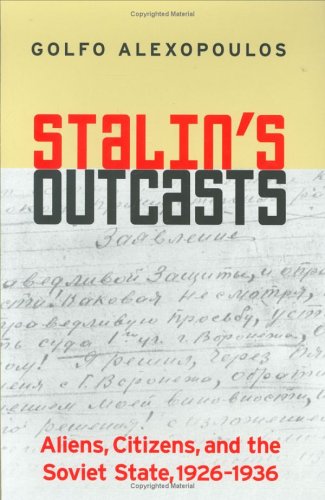

Most ebook files are in PDF format, so you can easily read them using various software such as Foxit Reader or directly on the Google Chrome browser.
Some ebook files are released by publishers in other formats such as .awz, .mobi, .epub, .fb2, etc. You may need to install specific software to read these formats on mobile/PC, such as Calibre.
Please read the tutorial at this link. https://ebooknice.com/page/post?id=faq
We offer FREE conversion to the popular formats you request; however, this may take some time. Therefore, right after payment, please email us, and we will try to provide the service as quickly as possible.
For some exceptional file formats or broken links (if any), please refrain from opening any disputes. Instead, email us first, and we will try to assist within a maximum of 6 hours.
EbookNice Team

Status:
Available5.0
23 reviews"I
served not in defense of the bourgeois order, but only for a crumb of
bread since I was burdened with five small children.""From 1923 to 1925 I
worked as a musician but later my earnings weren't steady and I quickly
stopped. Without an income to live on, I was drawn to the nonlaboring
path.""As a man almost completely illiterate and therefore not prepared
for any kind of work, I was forced to return to my craft as a barber.""I
am as ignorant as a pipe."Golfo Alexopoulos focuses on the lishentsy
("outcasts") of the interwar USSR to reveal the defining features of
alien and citizen identities under Stalin's rule. Although portrayed as
"bourgeois elements," lishentsy actually included a wide variety of
people, including prostitutes, gamblers, tax evaders, embezzlers, and
ethnic minorities, in particular, Jews. The poor, the weak, and the
elderly were frequent targets of disenfranchisement, singled out by
officials looking to conserve scarce resources or satisfy their
superiors with long lists of discovered enemies.Alexopoulos draws
heavily on an untapped resource: an archive in western Siberia that
contains over 100,000 individual petitions for reinstatement. Her
analysis of these and many other documents concerning "class aliens"
shows how Bolshevik leaders defined the body politic and how individuals
experienced the Soviet state. Personal narratives with which
individuals successfully appealed to officials for reinstatement allow
an unusual view into the lives of "outcasts." From Kremlin leaders to
marked aliens, many participated in identifying insiders and outsiders
and challenging the terms of membership in Stalin's new society.